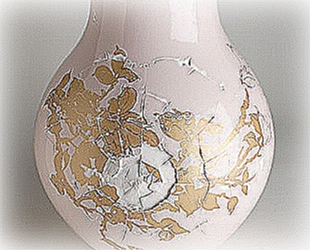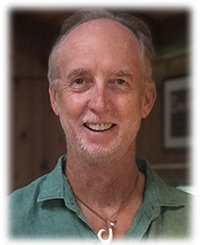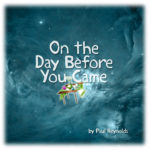Wabi Sabi
 “When you’re an aspiring master of pronoia, you see the cracks in the facades as opportunities; inspiration erupts as you careen over bumps in the road: you love the enticing magic that flows from situations that other people regard as rough or crooked “That which is not slightly distorted lacks sensible appeal,” wrote poet Charles Baudelaire, “from which it follows that irregularity-that is to say, the unexpected, surprise and astonishment-is an essential part and characteristic of beauty.
“When you’re an aspiring master of pronoia, you see the cracks in the facades as opportunities; inspiration erupts as you careen over bumps in the road: you love the enticing magic that flows from situations that other people regard as rough or crooked “That which is not slightly distorted lacks sensible appeal,” wrote poet Charles Baudelaire, “from which it follows that irregularity-that is to say, the unexpected, surprise and astonishment-is an essential part and characteristic of beauty.
” Wabi-sabi is a Japanese term that refers to a captivating work of art with a distinctive flaw that embodies the idiosyncratic humanity of its creator. An aqua groove in an otherwise perfectly green ceramic pot may give it wabi-sabi. A skilled blues singer who for a moment intentionally wails out of pitch may be expressing wabi-sabi. Wabi-sabi is rooted in the idea that perfection is a kind of death.
”The essence of Wabi-sabi is that true beauty, whether architecture, or visual art, doesn’t reveal itself until the winds of time have had their say. Beauty is in the cracks, the worn spots, and the imperfect lines”-(Todd Dominey)
“The great lessons from the true mystics, from the Zen Monks, is that the sacred is in the ordinary, that it is to be found in one’s daily life, in one’s neighbors, friends, and family, in one’s back yard and that travel may be a flight from confronting the sacred. To be looking every where for miracles is a sure sign of ignorance that everything is miraculous (Abraham Maslow, Religions, Values and Peak Experiences)
“If you love the sacred and despise the ordinary, you are still bobbing in the ocean of delusion –(Lin chi the Taosit Classics translated by Thomas Cleary)
“We want God in all the ways that are not the ways of God, in what we hope is indestructible, or unmoving. But God is fragile, a bare smear of pollen, that scatter of yellow dust from the tree that tumbled over in a storm of grief and planted itself again – (Deena Metzger, Prayers for a Thousand Years edited by Elizabeth Roberts and Elias Amidon)

“Not Christian or Jew or Muslim, not Hindu, Buddhist, Sufi, or Zen. Not any religion or cultural system…..” - Rumi
For over 30 years Paul Reynolds has collected and shared inspiration from a wide variety of sources. Embracing the philosophy that at the core of all these expressions is the reminder that we are loved and supported every moment. This unending stream of inspiration, imagination and wisdom is posted via his weekly ‘Living the Question Blog’, which has become ‘home’ for those discoveries. If you would like to receive the readings and share them with those you feel will benefit, please fill out the ‘Subscribe’ form to the right and Paul’s selections will come to your email every Friday.




